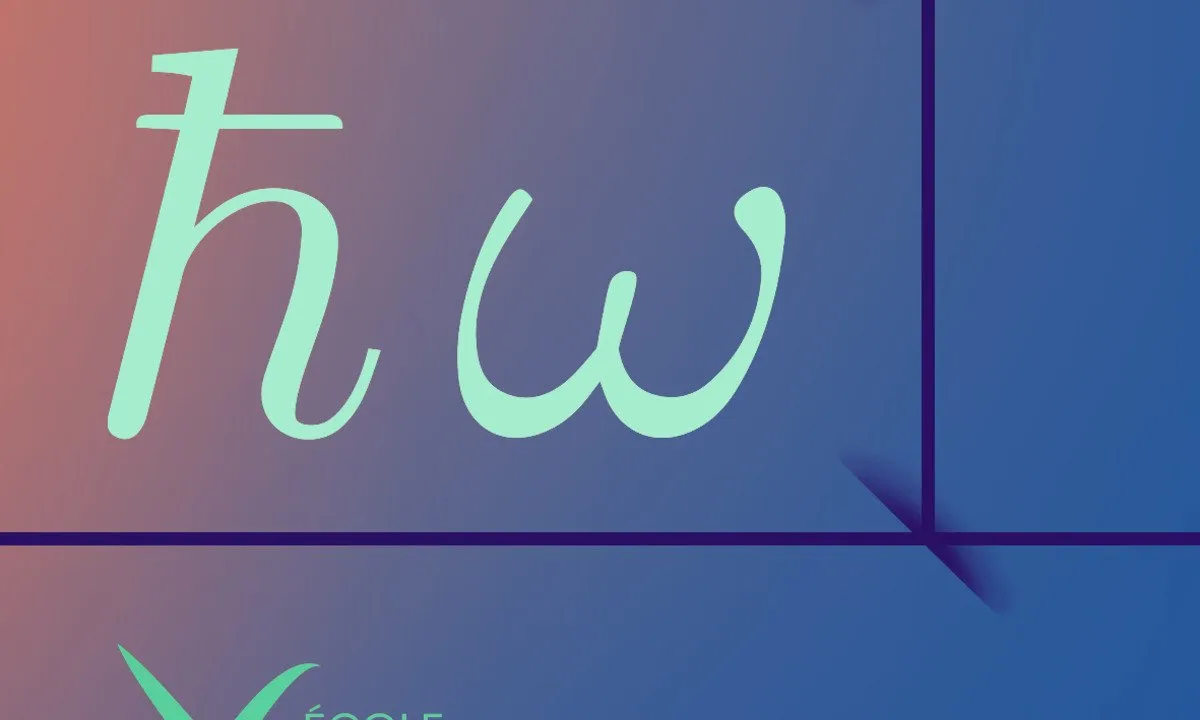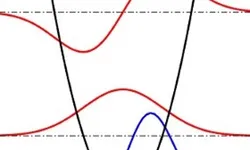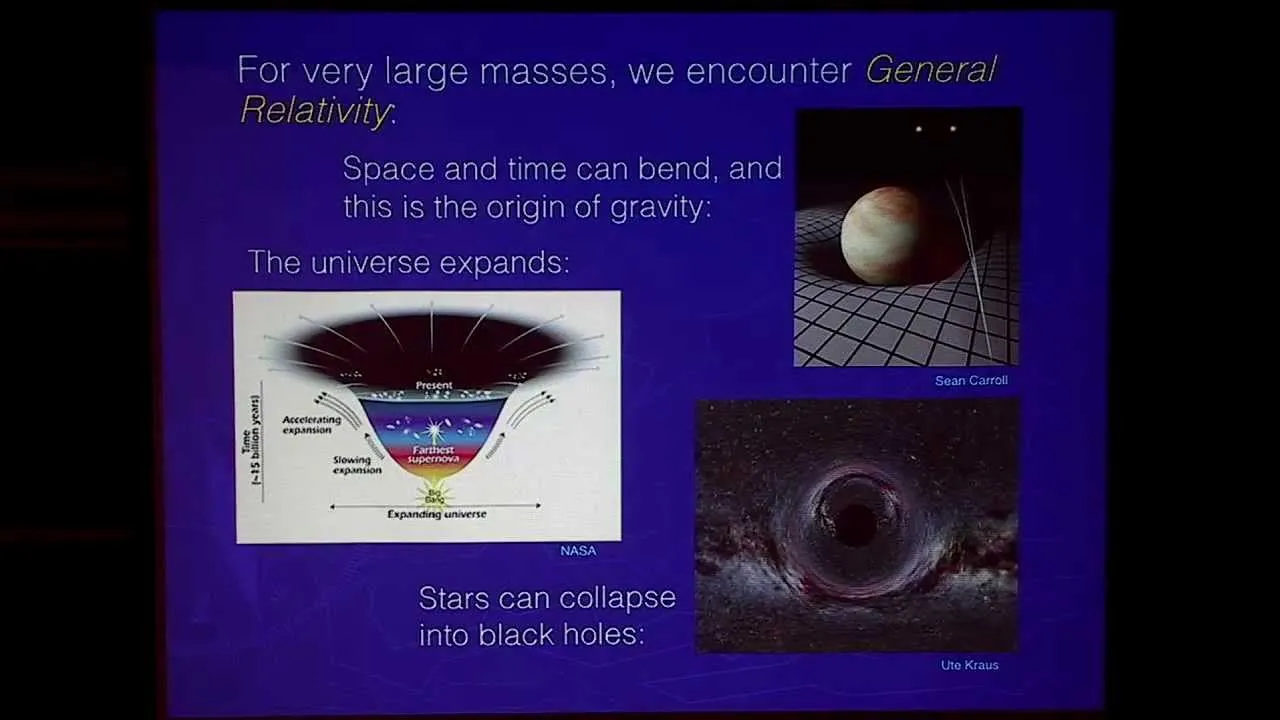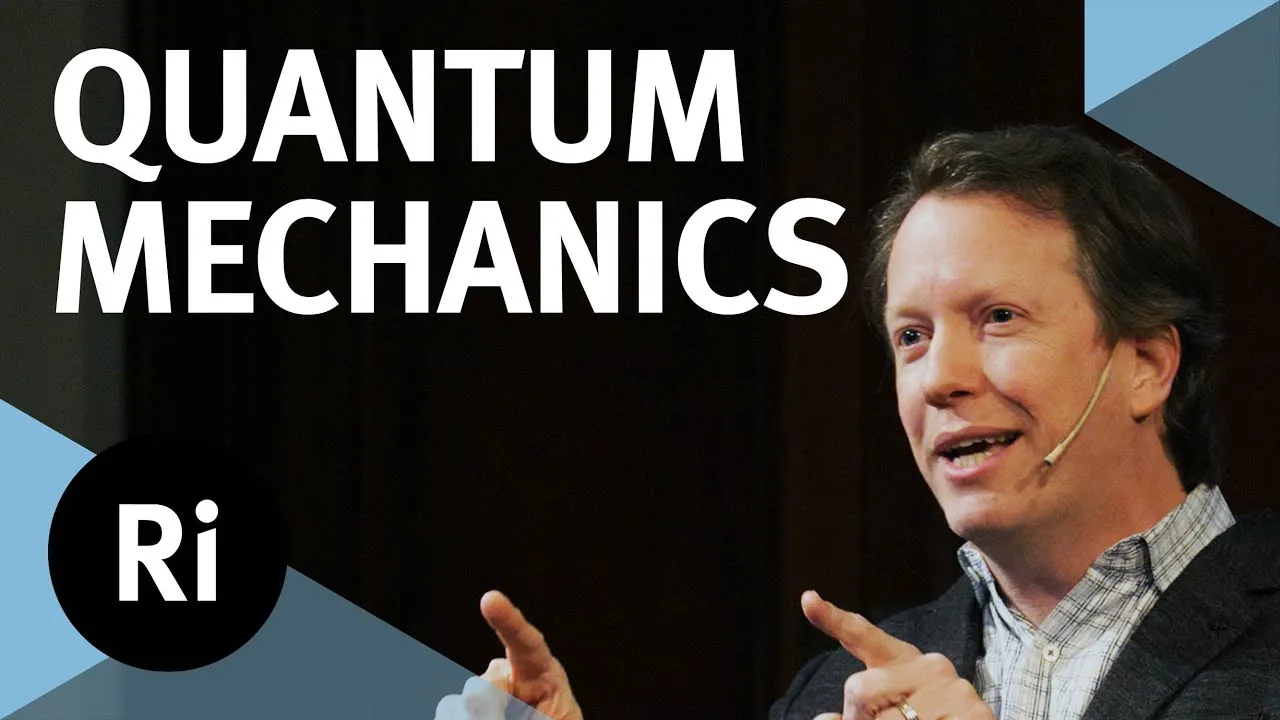
Quantum Optics 1 : Single Photons 
Discover the fundamentals of Quantum Optics 1 : Single Photons ▼
ADVERTISEMENT
Course Feature
![]() Cost:
Cost:
Free
![]() Provider:
Provider:
Coursera
![]() Certificate:
Certificate:
Paid Certification
![]() Language:
Language:
English
![]() Start Date:
Start Date:
14th Aug, 2023
Course Overview
❗The content presented here is sourced directly from Coursera platform. For comprehensive course details, including enrollment information, simply click on the 'Go to class' link on our website.
Updated in [March 06th, 2023]
This course, Quantum Optics 1: Single Photons, provides students with the basic tools and concepts to understand research articles and books on modern quantum optics. Students will learn about the quantization of light, the formalism to describe quantum states of light without any classical analogue, and observables allowing one to demonstrate typical quantum properties of these states. These tools will be applied to the emblematic case of a one-photon wave packet, which behaves both as a particle and a wave. Wave-particle duality is a great quantum mystery in the words of Richard Feynman, and students will be able to fully appreciate real experiments demonstrating wave-particle duality for a single photon, as well as applications to quantum technologies based on single photon sources, which are now commercially available. The tools presented in this course will be widely used in the second quantum optics course, which will present more advanced topics such as entanglement, interaction of quantized light with matter, squeezed light, etc.
This course is suitable for students who have a good knowledge in basic quantum mechanics and classical electromagnetism. It is designed to help students understand how to go from classical electromagnetism to quantized radiation, how the concept of photon emerges, how a unified formalism is able to describe apparently contradictory behaviors observed in quantum optics labs, and how creative physicists and engineers have invented totally new technologies based on quantum properties of light.
[Applications]
Upon completion of this course, students will be able to apply the concepts and tools learned to understand research articles and books on modern quantum optics. They will be able to appreciate real experiments demonstrating wave-particle duality for a single photon, and applications to quantum technologies based on single photon sources. Additionally, students will be able to use the tools presented in this course to explore more advanced topics such as entanglement, interaction of quantized light with matter, squeezed light, etc.
[Career Paths]
Job Position Paths:
1. Quantum Optics Researcher: Quantum optics researchers are responsible for researching and developing new technologies based on the principles of quantum optics. They must have a strong understanding of quantum mechanics and classical electromagnetism, as well as the ability to design and build experiments to test their theories. As the field of quantum optics continues to grow, there is an increasing demand for researchers with expertise in this area.
2. Quantum Optics Engineer: Quantum optics engineers are responsible for designing and building devices and systems that use quantum optics principles. They must have a strong understanding of quantum mechanics and classical electromagnetism, as well as the ability to design and build experiments to test their theories. As the field of quantum optics continues to grow, there is an increasing demand for engineers with expertise in this area.
3. Quantum Optics Educator: Quantum optics educators are responsible for teaching students about the principles of quantum optics. They must have a strong understanding of quantum mechanics and classical electromagnetism, as well as the ability to explain complex concepts in an understandable way. As the field of quantum optics continues to grow, there is an increasing demand for educators with expertise in this area.
4. Quantum Optics Consultant: Quantum optics consultants are responsible for providing advice and guidance to businesses and organizations on the use of quantum optics principles. They must have a strong understanding of quantum mechanics and classical electromagnetism, as well as the ability to provide practical advice on how to best utilize quantum optics technologies. As the field of quantum optics continues to grow, there is an increasing demand for consultants with expertise in this area.
Developing Trends:
1. Quantum Computing: Quantum computing is an emerging field that uses quantum optics principles to create powerful computers that can solve complex problems. As the field of quantum computing continues to grow, there is an increasing demand for experts in quantum optics who can help develop and implement these technologies.
2. Quantum Sensors: Quantum sensors are devices that use quantum optics principles to detect and measure physical phenomena. As the field of quantum sensing continues to grow, there is an increasing demand for experts in quantum optics who can help develop and implement these technologies.
3. Quantum Communications: Quantum communications is an emerging field that uses quantum optics principles to create secure communication networks. As the field of quantum communications continues to grow, there is an increasing demand for experts in quantum optics who can help develop and implement these technologies.
4. Quantum Imaging: Quantum imaging is an emerging field that uses quantum optics principles to create powerful imaging systems. As the field of quantum imaging continues to grow, there is an increasing demand for experts in quantum optics who can help develop and implement these technologies.
[Education Paths]
Recommended Degree Paths:
1. Bachelor of Science in Physics: This degree program provides students with a comprehensive understanding of the fundamental principles of physics, including quantum mechanics, electromagnetism, and optics. Students will learn about the properties of light, the behavior of particles, and the principles of quantum optics. This degree program is becoming increasingly popular as the demand for quantum technologies grows.
2. Master of Science in Quantum Optics: This degree program provides students with a deeper understanding of the principles of quantum optics, including the behavior of single photons, wave-particle duality, and the interaction of light with matter. Students will learn about the latest developments in quantum technologies, such as quantum computing, quantum cryptography, and quantum sensing.
3. Doctor of Philosophy in Quantum Optics: This degree program provides students with an in-depth understanding of the principles of quantum optics, including the behavior of single photons, wave-particle duality, and the interaction of light with matter. Students will learn about the latest developments in quantum technologies, such as quantum computing, quantum cryptography, and quantum sensing. They will also gain experience in designing and conducting experiments in quantum optics.
Developing Trends:
1. Quantum Computing: Quantum computing is an emerging field that uses the principles of quantum mechanics to process information. It has the potential to revolutionize computing, allowing for faster and more efficient processing of data.
2. Quantum Cryptography: Quantum cryptography is a form of encryption that uses the principles of quantum mechanics to protect data. It is becoming increasingly popular as a secure form of communication.
3. Quantum Sensing: Quantum sensing is a form of sensing that uses the principles of quantum mechanics to detect and measure physical phenomena. It has the potential to revolutionize sensing, allowing for more accurate and precise measurements.
Pros & Cons

Immediate benefits to research

Clear and informative

Steep learning curve

Erased misconceptions

Hard homeworks

Easy to understand

Meaningful homeworks

Steep learning curve

Hard homeworks

Need prior knowledge
Course Provider

Provider Coursera's Stats at AZClass
Learners can learn various topics from Quantum Optics 1 : Single Photons. They can learn how, from classical electromagnetism to quantized radiation, how the concept of the photon arose, and how a unified form can describe apparently contradictory behaviors observed in quantum optics laboratories. Additionally, learners can learn about the creative ways physicists and engineers invent new technologies based on the quantum properties of light. Finally, learners can appreciate the wave-particle duality of individual photons and the experiments that demonstrate this duality.
Discussion and Reviews
0.0 (Based on 0 reviews)
Explore Similar Online Courses

Risk Management in Global Economy - Online Course - FutureLearn

Create Seamless Repeat Patterns on Your iPad in Procreate + FREE Pattern Elements

Python for Informatics: Exploring Information

Social Network Analysis

Introduction to Systematic Review and Meta-Analysis

The Analytics Edge

DCO042 - Python For Informatics

Causal Diagrams: Draw Your Assumptions Before Your Conclusions

Whole genome sequencing of bacterial genomes - tools and applications

Foundations of Quantum Mechanics

Gravity and Quantum Mechanics - The Quest for Unification

A Brief History of Quantum Mechanics - with Sean Carroll
 Related Categories
Related Categories
 Popular Providers
Popular Providers
Quiz
 Submitted Sucessfully
Submitted Sucessfully
1. What is the main mystery of quantum optics?
2. What is the prerequisite knowledge for this course?
3. What is the main focus of this course?
4. What is the main concept of this course?
Correct Answer: Wave-particle duality


Start your review of Quantum Optics 1 : Single Photons